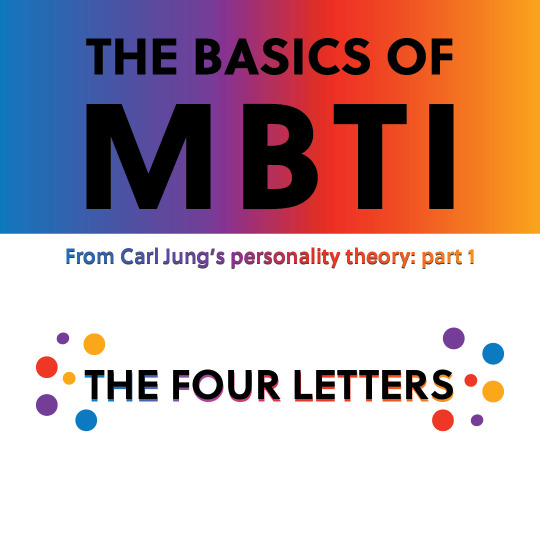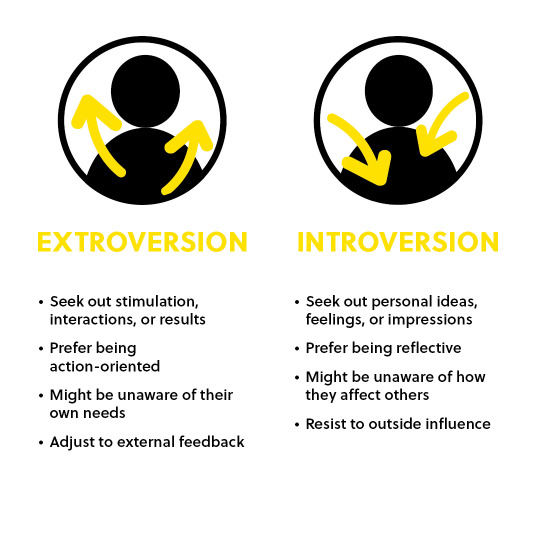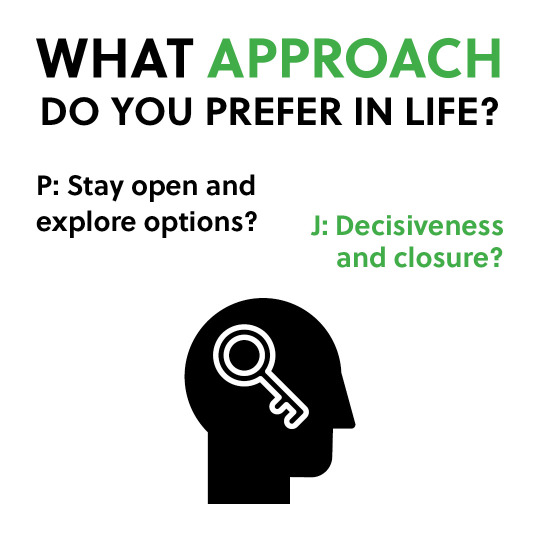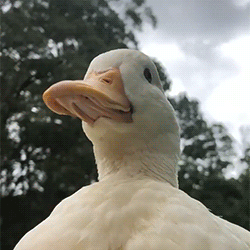#Sensing
Explore tagged Tumblr posts
Text











THE BASICS OF MBTI (from Carl Jung's personality theory - part 1)
THE FOUR LETTERS :
(E)XTROVERSION vs (I)NTROVERSION
(S)ENSING vs I(N)TUITION
(T)HINKING vs (F)EELING
(P)ERCEIVING vs (J)UDGING
-----
In the next post, we’re going to talk more in-depth about different categories of Intuition, Sensing, Feelings and Thinking called: Cognitive Functions.
#personality#personality theory#self growth#psychology#personality types#mbti#typology#carl jung#ESTJ#ESFJ#ESTP#ESFP#ISTJ#ISFJ#ISTP#ISFP#ENTJ#ENFJ#ENTP#ENFP#INTJ#INFJ#INTP#INFP#introvert#extrovert#sensing#intuitive#thinking#feeling
306 notes
·
View notes
Text

Some sand summer fun with these guys 🌊
#my art#dungeon Messi#I love all of them#every character#Laois is the most relatable autistic I want to protect him with my life#fanart#Laois#falin#marcille#farcille#sensing#dad pose chilchuck#chilchuck#thistle#izutsumi#mithrun#kabru#kabru being totally normal
382 notes
·
View notes
Text
"The phytoplankton that populate oceans are known to play a key role in marine ecosystems and climate regulation. Like terrestrial plants, they store atmospheric CO₂, and produce half of our planet's oxygen via photosynthesis. However, the mechanisms that control their distribution remain poorly understood.
By studying the light perception process of diatoms, a group of phytoplankton, scientists from the CNRS and Sorbonne University discovered that these microalgae use light variation sensors which are codified in their genomes: phytochromes.

These photoreceptors enable them to detect changes in the light spectrum in the water column, thereby providing information regarding their vertical position within it. This function is especially important in turbulent aquatic environments subject to substantial water mixing—such as high latitude, temperate, and polar regions—in order to adjust their biological activity, in particular photosynthesis."
continue reading
#nature#oceans#sea#phytoplankton#phytochromes#algae#microalgae#marine life#ecosystem#energy#light#light spectrum#information#environment#biology#ecology#aquatic plants#temperature#latitudes#sensing#water
37 notes
·
View notes
Text
okay, guys:
Sakura having sensor skills is bs? Yes. Sort of. Yes in the sense of that novel.
Is being a sensor a Kekkei Genkai? No.
A sensor is a type of shinobi that is more sensitive to chakra signatures than regular shinobi, but every ninja has it as a basic skill as every one of them can perceive chakra (which is why many can sense danger approaching, more so if the attacker has immense reserves) and train such skill. The main difference between Sensors and non-sensors is the extent to which they can extend their sensitivity to chakra signatures (naturally, they are more alert to energies) and the fact that they can mould chakra and turn it to "sensory mode" to precisely detect foreign signatures, recognize the chakra of an individual, get information of the clan (if they previously know the family) and the nature of such individuals (if they are aggressive or not, their mood, and so on).
Yamakana, all of them, are sensors (they do seem to hone that skill to be able to sense further) and they use this exact "sensory mode" to use the Kanchi Denden (sensing transmission). Ino seems to be the best sensor in Konoha alive in Boruto.
Karin (and Mito?) have the Mind's Eye of the Kagura, which is a supreme form of sensing only present in some Uzumaki members, they can sense all chakra signatures within many kilometers as well as discern how many signatures there are, what type of being it belongs to and whether a specific individual is present. Sasuke chose Karin as his teammate for this exact reason, she's the best sensor alive in Boruto.
Tobirama and Minato seem to be very powerful sensors. Naruto, Hashirama, and likely Kabuto can sense chakra when in Sage Mode.
Hyüga, Inuzuka, and Aburame are not "sensors" in the strict term of the word, as they do not sense chakra signatures, Hyüga can see chakra, Inuzuka can smell individuals (not chakra as far as I'm aware of), and Aburame have their Kikaichus to perceive others.
The Sharingan can see chakra in far more detail than the Byakugan.
115 notes
·
View notes
Note
Can STs be intellectual too? If "intellect" is the ability to understand things & complicated ideas? I keep seeing the trait intellectual used to describe Ns, but any well educated people who love studying could be described as intellectual, right?
There are two potential problems with the framing of your question.
The first is that there seems to be an underlying "typism" informing the question. Do you feel it is unfair that Ns are called "intellectual" because it means they are naturally "smarter" than Ss? I don't know what you're reading and it's not my job to address the misconceptions of other authors. The only thing I will say is that pitting the types against each other (in a hierarchical fashion) is inappropriate and reveals a fundamental misunderstanding of what type theory is really about.
The second problem arises because of not defining terms properly. You don't get to just make up definitions for well-established words. The words "intellect", "intelligence", "intellectual", and "well-educated" all have very different meanings and connotations in English.
- Intellect refers to the aspect of the mind that is primarily used for reasoning and analysis. Anyone with typical brain functioning uses their intellect for judgment and decision-making, with varying degrees of success.
- Intelligence is a very controversial concept in psychology because it is very difficult to define, perhaps because it is easily culturally biased. It is generally used to describe how well a person learns, understands, applies knowledge, and/or develops their aptitudes, talents, capabilities, skills, strengths, etc. There may be many different kinds of intelligences. Different people may exhibit varying degrees of intelligence depending upon complicated factors such as: genetic inheritance, biological constraints, environmental influence, and access to quality learning resources.
- Intellectual refers to a person who devotes a large portion of their life and critical thinking abilities to reflect on and reason about abstract subjects such as: the nature of reality; the essence of human existence; the state or direction of society; moral philosophy; etc. Only a very small minority of people qualify as "intellectual".
- Well-educated, superficially, refers to anyone who has received a good quality, formal, usually post-secondary education. However, it does traditionally have a deeper connotation that refers to someone who is very "well-read", i.e., possessing intensive and/or extensive post-secondary-level knowledge about various topics (that are of importance to a well-functioning society). A person who "loves studying" is perhaps on their way to being "well-educated", but the two are not equivalent. Perhaps the most you could say is that they are a "conscientious student", or more generously, a "lifelong learner".
With regard to personality type:
Everyone needs to use their intellect for making decisions, though, on average, Ts might derive more success from applying intellect than Fs, simply because of having a natural preference for logical reasoning. However, it is important to remember that good decision-making in life often involves more than just intellect.
Intelligence and personality type are separate concepts, though they might interact with each other in interesting ways with regard to type development. Unintuitively, it is quite possible for intelligence and type development to be inversely related.
Statistically, Ns are more likely to be intellectuals than Ss simply because they possess a greater natural preference for abstract thinking. However, it is important to note that there are many Ns who don't like abstract thinking of the kind or to the degree that intellectuals enjoy.
Statistically, Ns are more drawn to post-secondary educational settings than Ss because, culturally, that level of education tends to value and reward abstract thinking related abilities. However, it is important to remember that Ss are capable of abstract thinking, and not all Ns prefer the kind of abstract thinking that is required at the university level.
None of these facts should be taken to imply that any types are superior or inferior to the others. To jump from simple facts into making value judgments about who is better/worse is to commit the is-ought logical fallacy.
#intelligence#intellect#intellectual#education#learning#study#sensors#intuitives#sensing#intuition#ask
9 notes
·
View notes
Text
Skull-sky-see. Skin-sea-sense. Heart-earth-hear.
Ahmed Salman
7 notes
·
View notes
Text

I may have started watching Dungeon Meshi and fallen for food u_u
70 notes
·
View notes
Text
A person’s philosophy is informed not by the quality of their thought or ruminations, but by their physical health, personality, and psychological well being.
You’re not a sheep. Take a good, hard look at the condition of those preaching or trying to impose their ideology on you. You’re a thinking, and sensing soul with an intelligence that goes beyond what is heard and seen - use all of your senses.
#philosophy#will#thought#aesthetics#false#liars#wisdom#senses#sensing#words#personal#r#physical health#fitness#idea#ideology#false prophets
4 notes
·
View notes
Text
Mary Alice Roche, a longtime student and colleague of Charlotte Selver wrote an article that describes the history of this work. In it she quotes, Gindler’s friend and colleague, Elfriede Hengstenberg (1985),
“Unable to afford going to a sanitarium in the mountains, [Gindler] stayed at home and became interested in sensing her inner response to every activity at every moment during the day. While just coming out of the sleeping state she gave herself up to the first stirrings of the awakening organism, to its elemental desire for extending – and discovered how spontaneously breathing responded to the slightest movement. This process belonged to her need for regeneration, but also to her need to protect herself against noise from the outside and inside. She found that in this practice she came into a state where she was no longer disturbed by her own thoughts and worries. And she came to experience … that calm in the physical field (Gelassenheit) is equivalent to trust in the psychic field… It is a state of being in balance. The core of the word is lassen, “allowing” in contrast to “doing” or “controlling” or “resisting.” Lassen is also related to sensing the pull of gravity. There is an interdependence between sensing one’s weight (sensing the attraction of the earth on one’s substance) and trusting, self-confidence, finding a standing point – and calmness. This means “trusting, a deep confidence in the world, in life, in one’s organism. This was her discovery, and it became basic to all other research.” (Hengstenberg, 1985, pp.11-12)
Gindler wrote, “The aim of my work is not learning certain movements, but rather the achievement of concentration. Only by means of concentration can we attain the full functioning of the physical apparatus in relation to mental and spiritual life…” (Gindler, 1978, pp.36-37).
Basic AWARENESS - careful watching looking and listening is to key to healing. I had several conversations with clients this week about just this. People don’t believe it. It’s so simple. It is the actual key out of pain and dysfunction in the body.
It’s only taken me a lifetime and some of the greatest teachers of my time to begin to understand it. I am increasingly appreciative to this profound learning process that goes deeper rather that accumulating “more”. I think that once you initiate a greater and wider somatic experience the realizations and “aha” moments happen as a gift from that place of awareness.
#Mary Alice Roche#Charlotte Selver#Gindler#Awareness#Sensory awareness#body alive#Elfriede Hengstenberg#sensing#the senses
2 notes
·
View notes
Note
Here's Ink Tokyo and Error Tokyo

What do you think about them?
Btw they're married to each other
they look really cool ! i like the eyes and the colors :)
3 notes
·
View notes
Text
In today’s transits, the Sun ☀️ at 24° Cancer ♋️ 32’ 9” forms a trine with the Moon 🌕 at 24° Scorpio ♏️ 9’ 21”. Our team spirit aligns and works well with our sense of emotional fulfillment and satisfaction in a sensual and emotionally fulfilling way. See, recognize and become aware of your feelings and emotions today. Fill your cup today.

#astrology transits#astrology#love#moon#transits#venus#pisces#capricorn mercury#neptune#pluto#water element#sensing#automatic#water#cups#cup#heart chakra#heart#emotion#a full heart#a full circle moment#loving oneself#love languages#astrology chart#vedic astrology#houston astros#astrology signs#ford transit#mass transit#transiting
8 notes
·
View notes
Text
The long-term vision is, you could potentially build quantum machines or devices that use these three or even all four of these properties: photons to transfer information, electrons to process information through their interactions, magnetism to store information, and phonons to modulate and transduce information to new frequencies
2 notes
·
View notes
Text
Reality is not at all what we usually perceive. We see, hear and conceive the world inside out and back to front.
from In Search of Lost Time, Book 6: The Fugitive by Marcel Proust
#in search of lost time#the fugitive#marcel proust#proust#reality#perceive#perception#perceptive#perspective#seeing#hearing#sensing#conceive#the world#inside out#back to front
2 notes
·
View notes
Text
Sen Su
People watching to me - is like brain food. I deeply enjoy learning people. Learning their moves, habits, life-processes, ideas, feelings, and everything in-between. Reading this back, out loud…. it has some stalker-esque vibes! This is nothing of the sort! I promise…keep reading

| Pic: shootelkora ▪️ pixabay |
#Sen Su#Substack#sense#people#see#touch#sensing#people watching#habits or gifts#knowing#connection#pure#LHA#Love#brain food#rhyme poetry#writing#creative writing#Intsa original#subscribe#join me#like minds
4 notes
·
View notes
Text
You ever hear that old chestnut about how most people neglect the part of the story of Icarus where he also had to avoid flying too low, lest the spray of the sea soak his feathers and cause him to fall and drown? You ever think about how different the world would be if Icarus died that way instead? If the idiom was to Fly To Close To The Sea? A warning against playing it far too safe, about not stretching your wings and soaring properly? You ever think about how Icarus died because he was happy?
#violent masquerade#for many the spot between being crushed by sorrow#and slaughtered by the sun#is quite narrow#If this one makes sense then i'm glad#If this one resonates then i'm so sorry
94K notes
·
View notes